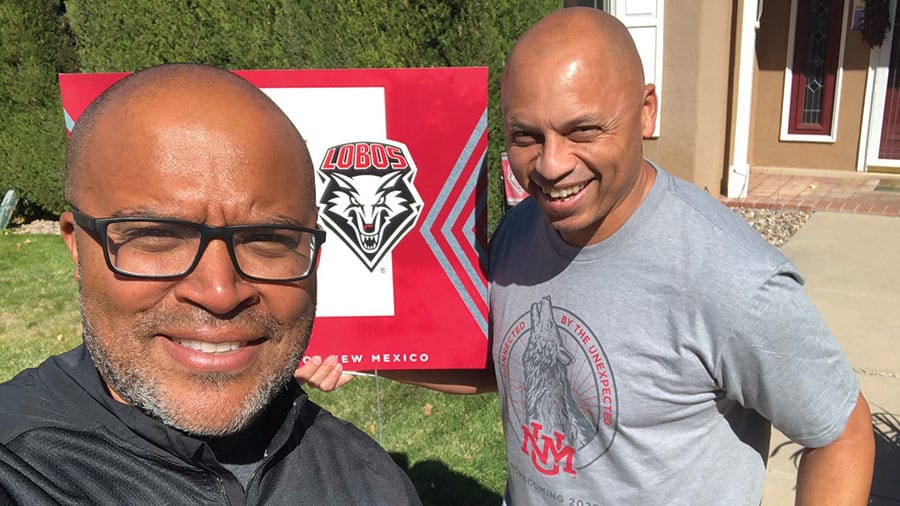
Class Notes Fall 2021

Class Notes Fall 2021

Look for a friend on every page!
Send your alumni news to Mirage Editor, The University of New Mexico Alumni Association, MSC 01-1160, 1 University of New Mexico, Albuquerque, NM, 87131-0001. Or better yet, email your news to Alumni@unm.edu. Please include your middle name or initial and tell us where you’re living now.
Deadlines:
- Spring deadline: January 1
- Fall deadline: June 1
1950
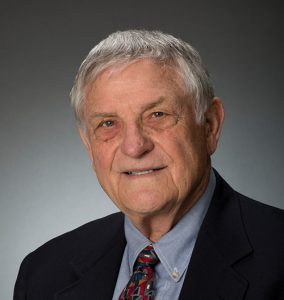
Dave E. Barney (’59 BS, ’61 MS), Placitas, N.M., retired from the Albuquerque Academy after 47 years as swimming coach.
1960
Katherine Kuligowski (’60 BS), Albuquerque, has published “Rehoming Love.”
Nancy Gearhart (’66 BSHE), Mesa, Ariz, celebrated her 60th wedding anniversary with husband Steve Gearhart.
Luther C. Garcia (’67 BSED, ’71 MA) and Karen A. Garcia (‘68 BSED), Albuquerque, celebrated 50 years of marriage on February 6.
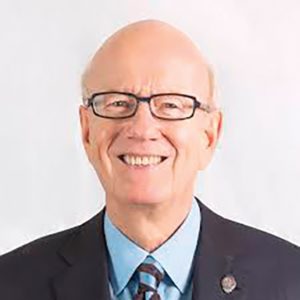
Thomas Horn (’68 BA), San Francisco, was awarded the French Legion of Honor, the highest award France bestows, in acknowledgment of his lifelong dedication to philanthropy and advocacy for the arts and culture of France. Horn, an attorney, also serves as honorary consul of Monaco in San Francisco.
Vicki A. Turpen (’69 BAED, ’93 MA), Albuquerque, has published “The Delicate Balance.”
1970
Enrique R. Lamadrid (’70 BA), Albuquerque, was granted the 2021 Heritage Publication Award from the Cultural Properties Review Committee.
Linda Kurth (’71 BAED, ’73 MA), Mount Vernon, Wash., has published “God, the Devil and Divorce.”
Dan H. Lopez (’71 BA, ’72 MA, ’83 PhD), Albuquerque, former New Mexico Tech president, was named to the Western New Mexico University board of regents.
Janis A. Devoti (’72 BSED, ’83 MA), Santa Fe, N.M., the principal at Piñon Elementary School, retired after nearly 30 years.
Patricia K. Tharp (’73 BUS), Farmington, N.M., has published “The Lost Communities of Navajo Dam Vol. 1/Vol. 2.”
Gregory J. Lalire (’74 BA), Leesburg, Va., has published “Man from Montana.”
Joseph F. McGrath (’75 PhD), New Upper Falls, Md., has published “T.C. O'Connor.”
Martin A. Serna (’76 BBA, ’86 MAPA), Albuquerque, was elected to the board of directors for Nusenda Credit Union.
Theodore J. Bornhorst (’77 MS, ’80 PhD), Houghton, Mich., has announced his retirement from Michigan Technological University after 40 years with the institution.
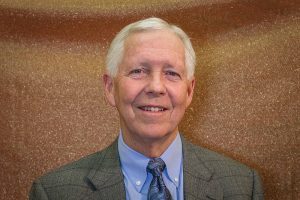
Thomas Daulton (’77 BBA), Dallas, Texas, was elected to the Albuquerque Community Foundation’s 2021 board of trustees.
Mark D. Guadagnoli (’77 BS, ’81 MD), Fort Collins, Colo., has published “Final Chaos.”
Holly Harrison (’77 MA, ’90 PhD), Albuquerque, has published “Rites & Wrongs.”
Del Leonard Jones (’77 BA), Helper, Utah, has published “At the Bat: The Strikeout That Shamed America.”
Edward Mazria (’77 MARCH), Santa Fe, N.M., was awarded the 2021 Gold Medal by the American Institute of Architects for his work sounding the alarm on climate change and motivating the architecture profession into action.
Nancy Hollander (’78 JD) New York, N.Y., was recently depited in the film “The Mauritanian.”
Genevieve J. Jackson (’78 BSED, ’83 MA) Window Rock, Ariz., was appointed to the McKinley County Commission.
Judy A. Cartmell (’79 BBA, ’96 MPA), Colorado Springs, Colo., was elected to the board of directors for Nusenda Credit Union.
Vincent R. Trollinger (’79 MPA), Albuquerque, and his wife Danice, celebrated their 50th wedding anniversary on January 30.
1980
Jaima M. Chevalier (’80 BA), Santa Fe, N.M., has published “Fringe: Maria Benitez’s Flamenco Enchantment.”
Donald L. Willerton (’80 MS), Los Alamos, N.M., has published “Teddy’s War” and “The King of Trash.”
Benjamin G. Diven (’81 MD), Las Cruces, N.M., was awarded the Tim Fleming Medical Director of the Year award.
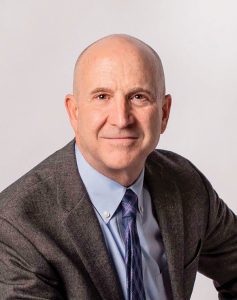
Bob Matteucci, Jr. (’82 BAS, ’08 JD) has opened his own law practice, Matteucci Family Law.
Jennifer J. Pruett (’83 JD), Santa Fe, N.M., Deputy Cabinet Secretary in the New Mexico Environment Department, retired after more than 20 years with the department.
Perry R. Wilkes (’83 BAENV), Nogales, Ariz., has published “I Always Wanted to Tell You…” and “Under Torn Paper Mountains.”
Thomas R. Leary (’84 BSPH, ’08 PharmD), Albuquerque, was elected to the Veterans Integration Center board of directors.
Richard J. Berry (’85 BBA), Albuquerque, was elected to serve as an officer the United Way of Central New Mexico’s board of directors.
Michael E. Brands (’85 MRCP), Woodstock, Vt., received the Northern New England Planning Association Chapter of the American Planning Association’s first Planner Emeritus award. Brands retired in May after 31 years as planning director for the Town of Woodstock, Vermont.
Larry T. Torres (’85 MA), Arroyo Seco, N.M., published the novel “The Children of the Blue Nun.”
Barbara Vigil (’85 JD), Santa Fe, N.M., retired from the New Mexico Supreme Court and was appointed secretary of the New Mexico Children, Youth & Families Department.
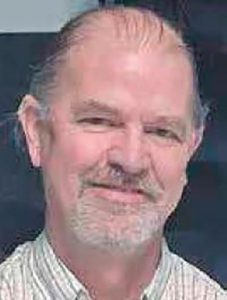
Fred B. Bugbee (’86 BM), Albuquerque, N.M. has become the new head of the NMSU Music Department after joining the university in 1994.
Gerald E. Baca (’87 JD), Las Vegas, N.M., is a New Mexico Court of Appeals judge.
Hilma M. Chynoweth (’87 BA,’14 MA), Albuquerque, was elected to the New Mexico Public Relations Society of America.
Sheila R. Hernandez (’87 BBA), Albuquerque, was named senior vice president/customer service officer at Summit Electric Supply.
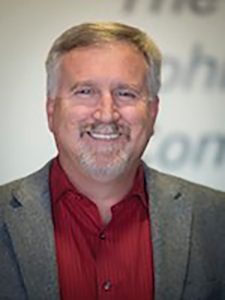
Scott Elder (’88 BA, ’97 MA, ’17 MBA), Albuquerque, who had served as Albuquerque Public Schools interim superintendent for nine months, was promoted to the permanent position in March.
Sonya F. Priestly (’88 BBA), Albuquerque, was elected to the United Way of Central New Mexico’s board of directors.
Joseph M. Lane (’89 BUS, ’92 BS), Albuquerque, received the UNM Staff Council’s 2021 Jim Davis Award.
Cheryl A. Matherly (’89 BA), Allentown, Pa., was named Senior International Officer of the Year by The Institute of International Education.
1990
Steven Lee Carr (’90 BA), Albuquerque, was elected to the board of directors of the New Mexico Public Relations Society of America.
Jill K. Trujillo (’90 BBA), Albuquerque, was named Mountain West Women’s Golf Coach of the Year.
Wayne E. Propst (’90 JD), Santa Fe, N.M., was named the New Mexico Public Regulation Comission’s chief of staff.
Eileen P. Riordan (’ 90 JD), Carlsbad, N.M., was appointed district judge by Gov. Michelle Lujan Grisham to serve in the Fifth Judicial District, which includes Eddy, Chaves and Lea counties.
Kenneth E. Sickenger (’90 BA), Albuquerque, a reporter for the Albuquerque Journal, was named the 2020 New Mexico Sportswriter of the Year by the National Sports Media Association.
Sanjay I. Engineer (’92 MARCH), Albuquerque, vice president at FBT Architects, was elected to the Albuquerque Community Foundation’s 2021 board of trustees.
Carol J. Matindale-Taylor (’92 BA), Albuquerque, published “Unfinished: In This Life and The Next.”
Jacquelyn M. Marushka (’92 BA), Nashville, Tenn., was named board member for the Tennessee Latin American Chamber of Commerce.
Fernando G. Baca (’93 BA), Albuquerque, is the new vice president of commercial lending in Santa Fe at WaFd Bank New Mexico.
Julie J. Vargas (’93 JD), Albuquerque, is a justice on the New Mexico Supreme Court.
Thomas E. Antram (’94 BA), Albuquerque, was elected to the Albuquerque Community Foundation’s 2021 Board of Trustees.
Laura C. Parajon (’95 MD, ’99 MPH) was appointed Deputy Cabinet Secretary for the New Mexico Department of Health.
Michael M. Silva (’95 BA), Albuquerque, joined the Presbyterian Healthcare Foundation board of directors.
Melissa M. Garcia (’96 DM), Albuquerque, is the new medical director for True Health New Mexico.
Robert L. Metzger (’96 BSN), Dallas, Texas, received the 2020 Texas Nurse Practitioners’ NP of the Year Award. Metzger is the advanced practice provider manager for surgical services at Parkland Health & Hospital Systems.
Jackie Lindsey (’97 BA), Santa Fe, N.M., has become Santa Fe County’s first female fire chief. A former Olympian and Albuquerque firefighter, she is also currently on the FEMA National Advisory Council.
Renee Salazar-Garcia (’97 BAED, ’91 MA), Albuquerque, is Santa Fe High School’s new principal.
Susan J. Wilson (’97 BA), Albuquerque, was elected to the United Way of Central New Mexico’s board of directors.
Karen Dressler Argeanas (‘98 MA), Moriarty, N.M., had her art work featured at La Galería @ The Shaffer in Mountainair, N.M.
Patricia A. Gonzales (‘98 AAS, ’00 BUS, ’06 MA, ’10 CERT1), El Prado, N.M., was named one of Taos Behavioral Health’s new board officers.
Lois E. Frank (’99 MA, ’11 PhD), Santa Fe, N.M., has partnered with Heritage Hotels in their 2021 virtual culinary tours.
Jeanette Hargreaves (’99 BFA), Austin, Texas, has published “The Day I Threw Banana Bread and Almost Went to Jail” and has launched her temper management website TemperCoaching.com.
2000
Leslie D. Cordova-Trujillo (’00 BS), San Pedro, Calif., has published “Dear Her: Letters to Teenage Girls and Young Ladies About Lessons Learned Through Education.”
Theresa M. Duncan (’00 JD), Santa Fe, N.M. was recently depicted in the film “The Mauritanian.”
Karli R. Massey (’00 BA), Albuquerque, was elected to the New Mexico Public Relations Society of America’s board of directors.
Briana H. Zamora (’00 JD), Albuquerque, was appointed to the New Mexico Supreme Court. She was previously a New Mexico Court of Appeals judge.
Martha I. Chew-Sanchez (’01 PhD), Canton, N.J., has coedited “Scattered Musics.”
Kimimila L. Locke (’01 BA), Standing Rock, N.D., has been named a 2021 Bush Fellow.
Brenda Maloney Shafer (’01 JD), a partner in the national law firm Quarles & Brady’s Health & Life Sciences Practice Group, has been appointed to the American Bar Association Standing Committee on Legal Assistance for Military Personnel.
Joshua J. Sanchez (’02 BA, ’06 JD), Belen, N.M., is a judge in the Second Judicial District Court of Bernalillo County.
Allison Elaine Burnett (’03 PHARM, ’03 PharmD), Albuquerque, has been named president of the Anticoagulation Forum.
Candace A. Sall (’03 MA), Columbia, Mo., is the new director of the Museum of Anthropology and American Archaeology Division at the University of Missouri.
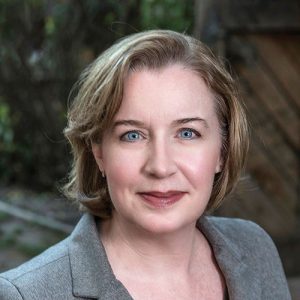
Sophie Martin (’03 MBA, ’13 JD), Albuquerque, is director of Communications, Education, and Outreach for the National Conference of Bar Examiners in Madison, Wisc. Martin previously was the executive director of the New Mexico Board of Bar Examiners.
Holmon D. Wiggins (’03 BA), Tuscaloosa, Ala., a former Lobo running back, has been promoted to assistant head coach of offense for the University of Alabama.
Rebecca M. Roose (’04 JD), Santa Fe, N.M., is Deputy Cabinet Secretary at the New Mexico Environment Department.
Nicole J. Aiken-Shaban (’05 BA), Baltimore, Md., has been promoted to partner at Reed Smith LLP in the firm’s Philadelphia office.
Purvi P. Mody (’05 MACCT), Albuquerque, is the new special director of the New Mexico Department of Health.
William D. Duncan (’06 MA), Albuquerque, retired after serving for 16 years as Rio Rancho High School’s activities director.
Matthew J. Pacheco (’07 BBA), Albuquerque, became partner at Burt & Company CPAs, LLC.
Sureyya C. Stone (’08 BA, ’16 BSN, ’20 MSN), Albuquerque, joined Lovelace Medical Group’s team of health care providers.
Lancing C. Adams (’09 BA, ’14 MPA), Santa Fe, N.M., is development director at the New Mexico Tourism Department.
Leigh A. Caswell (’09 MPH), Albuquerque, was elected to the United Way of Central New Mexico’s board of directors.
Ricardo S. Gonzales (’09 BA, ’17 MA, ’20 JD), Los Lunas, N.M., has joined Montgomery & Andrews, P.A., as an associate.
Charles B. Kraft (’09 BA, ’13 JD), Albuquerque, has become a partner at the law firm of Butt Thornton & Baehr PC.
Jennifer H. Watkins (’09 MA), Santa Fe, N.M., has published “So Pipe the Young.”
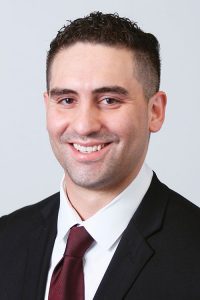
Isaac Leon (’09 MBA, ’19 JD), Albuquerque, joined Sutin, Thayer & Browne as an associate attorney.
Frankie Solomon (’09 BBA), Dallas, Texas, Lobos defensive back in 2006 through 2009, recently played for the U.S. flag football team in Denmark.
2010
Sheldon Spotted Elk (’10 JD), Denver, Colo., has joined the National Council of Juvenile and Family Court Judges as program director for tribal justice partnerships.
Brandi N. Bowman (’11 BS, ’15 PharmD), Albuquerque, joined Presbyterian Medical Group’s team of health care providers.
Kristen Gamboa (’11 BBA), Peralta, N.M., is the new senior economic developer for the village of Los Lunas.
Miquela C. Martinez (’11 BS, ’16 MS), Santa Fe, N.M., was named to the spring All-Central Atlantic Collegiate Conference volleyball team.
Ranah B. Yaqub (’11 BA), Cedar Crest, N.M., was awarded the New Mexico Smart/Maher VFW National Citizenship Education Teacher Award on Feb. 6, 2021.
Landon Brown (’12 MD), Albuquerque, has joined New Mexico Orthopaedics West Side Clinic.
Lauren M. Crabtree (’12 BSNE), Albuquerque, was recognized for her studies in engineering by the International Atomic Energy Agency and selected for the Marie Sklodowska-Curie Fellowship Program.
Daniel J. Galvan (’12 BA), Albuquerque, was promoted to commander of the Alamogordo National Guard Unit and also received the Army Achievement Award for his service overseas.
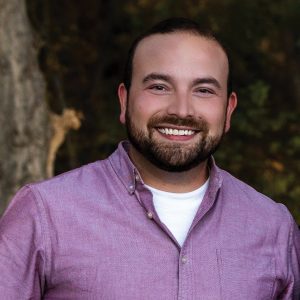
Florencio “Flo” Olguin Jr. (’12 BA, ’15 MPA), Albuquerque, was named academic operations officer for the UNM College of Fine Arts.
Kendra N. Pesko (’12 PhD), Albuquerque,was promoted to technical director of infectious disease at TriCore Reference Laboratories.
Stephanie K. Rodriguez (’12 BAPD, ’14 MCRP), Albuquerque, was confirmed as Cabinet Secretary for the New Mexico Higher Education Department.
Tiffany J. Rawls (’13 BBA, ’15 MBA), Albuquerque, joined the Albuquerque Community Foundation in the role of senior accountant.
Emily B. Allen (’14 MBA, ’14 MEMBA), Corrales, N.M., was elected to the Albuquerque Community Foundation’s 2021 Board of Trustees.
Alexander M. Greenberg (’14 BA, ’17 MBA), Albuquerque, is the new financial program specialist at the New Mexico Economic Development Department.
Graciela A. Ruiz (’14 BFA) San Francisco, Calif., was named one of Forbes Magazine’s 30 under 30.
Kari E. Olson (’14 JD), Santa Fe, N.M., was elected shareholder at the Montgomery & Andrews law firm.
Gavin K. Green (’15 BLA), Albuquerque, will be representing Malaysia in the 2021 Summer Olympics in Tokyo in men’s golf.
Victor V. Perez (’15 BA), Séméac, France, represented France in the 2021 Summer Olympics in Tokyo in men’s golf.
Lucas L. Baca (’16 BA), Albuquerque, was elected to the New Mexico Public Relations Society of America board of directors.
Robert J. Johnston (’16 JD), Albuquerque, a lawyer with Sutin, Thayer & Browne, served as attorney coach for the Albuquerque High Mock Trial Green Team. This year’s team earned second place overall in the statewide competition.
Andie E. Mirabal (’16 BBA), Albuquerque, was elected to the New Mexico Public Relations Society of America.
Jayson C. Peters (’16 AA), Belen, N.M., was awarded the 2020 Citizen of the Year award by the Greater Belen Chamber of Commerce for his role in the Believe in Belen initiative.
Nicholas Estes (’17 PhD), Albuquerque, co-curated the online exhibition “Seven Generations of Red Power in New Mexico,” detailing the Native rights movement.
Rachel L. Garcia (’17 BSN, ’20 MSN), Rio Rancho, N.M., joined Lovelace Medical Group’s team of health care providers.
Valinda Coretta Shirley (’17 BS), Rock Point, Ariz., was confirmed by the Navajo Nation Council as the executive director of the Navajo Nation Environmental Protection Agency.
Corey Bojorquez (’18 BLA), Bellflower, Calif., was signed to the Los Angeles Rams as a punter.
Lawrence A. Sanchez (’18 MBA), Los Lunas, N.M., was elected to the United Way of Central New Mexico’s board of directors.
Jason T. Sanders (’18 BA) Orange, Calif., re-signed through 2026 as a kicker for the Miami Dolphins.
River E. Marquez (’19 BA), Albuquerque, was elected to the board of directors of the New Mexico Public Relations Society of America.
Rebecca G. Prinster (’19 MA), Albuquerque, co-curated the online exhibition “Seven Generations of Red Power in New Mexico,” detailing the Native rights movement.
2020
Makayla E. Grijalva (’20 BA), Las Cruces, N.M., was elected to the board of the Rio Grande Chapter of the Society of Professional Journalism.
Amelia F. Kloer (’20 BAA), Albuquerque, has joined Modulus Architects Inc. as an architect intern.
Remy L. Link (’20 BA), Albuquerque, is a volunteer with ProtectNM, an organization founded by UNM medical students to collect and deliver PPE to medical organizations responding to the COVID-19 pandemic.
Cody Moezzi (’20 BA), Albuquerque, a volunteer with ProtectNM, an organization founded by UNM medical students, delivered and distributed 45,000 KN95 masks to high-risk medical organizations in his home town of Alamogordo.
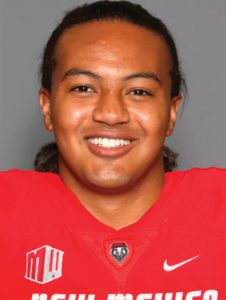
Teton W. Saltes (’20 BA), Albuquerque, was awarded the 2020 Wuerffel Trophy for his community service, athletic achievements and excellence in the classroom.

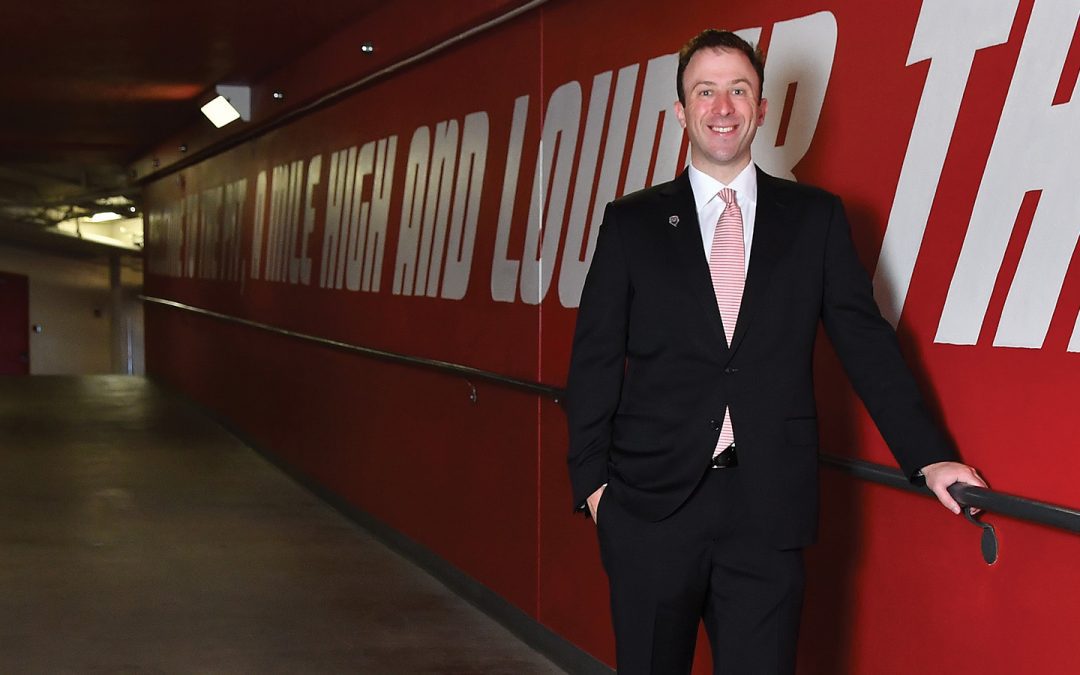
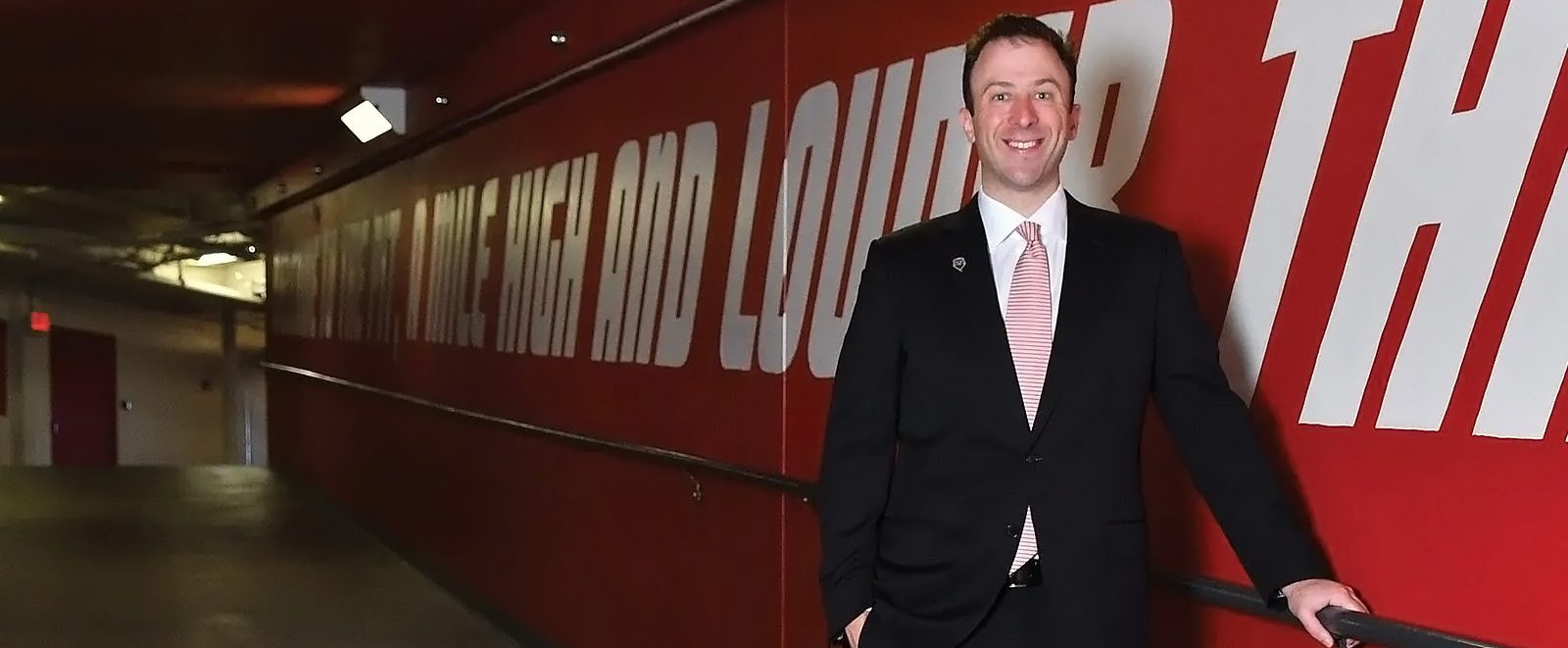
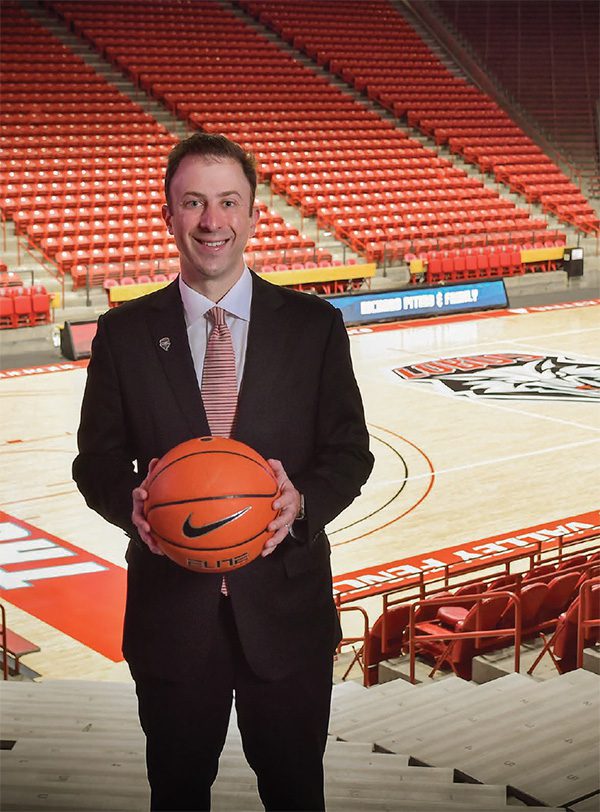
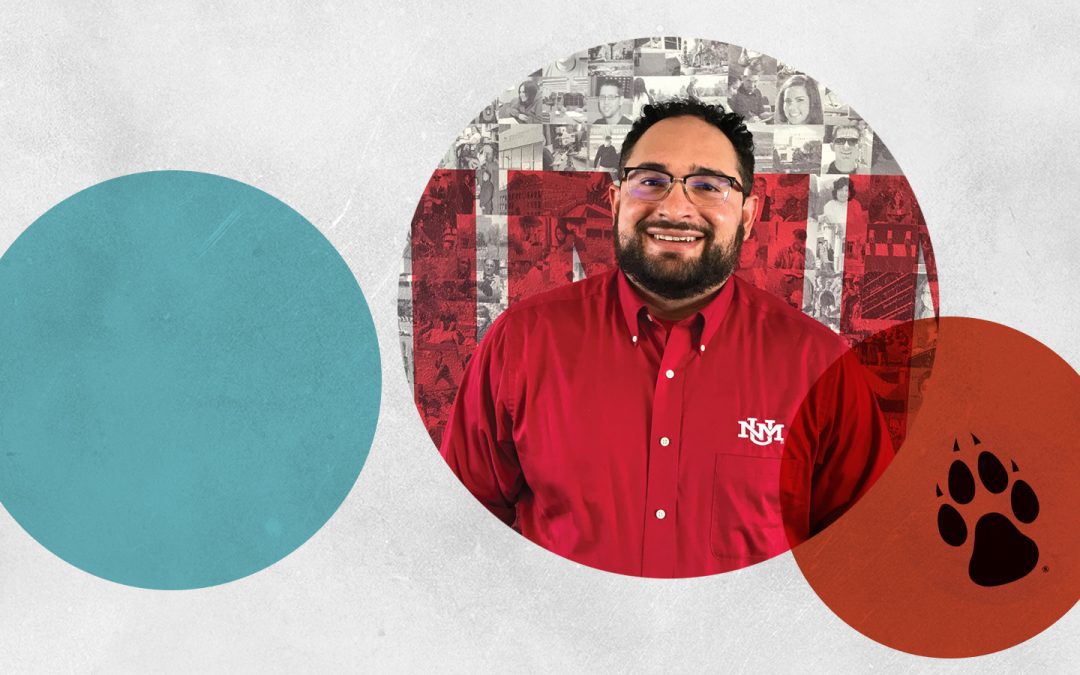
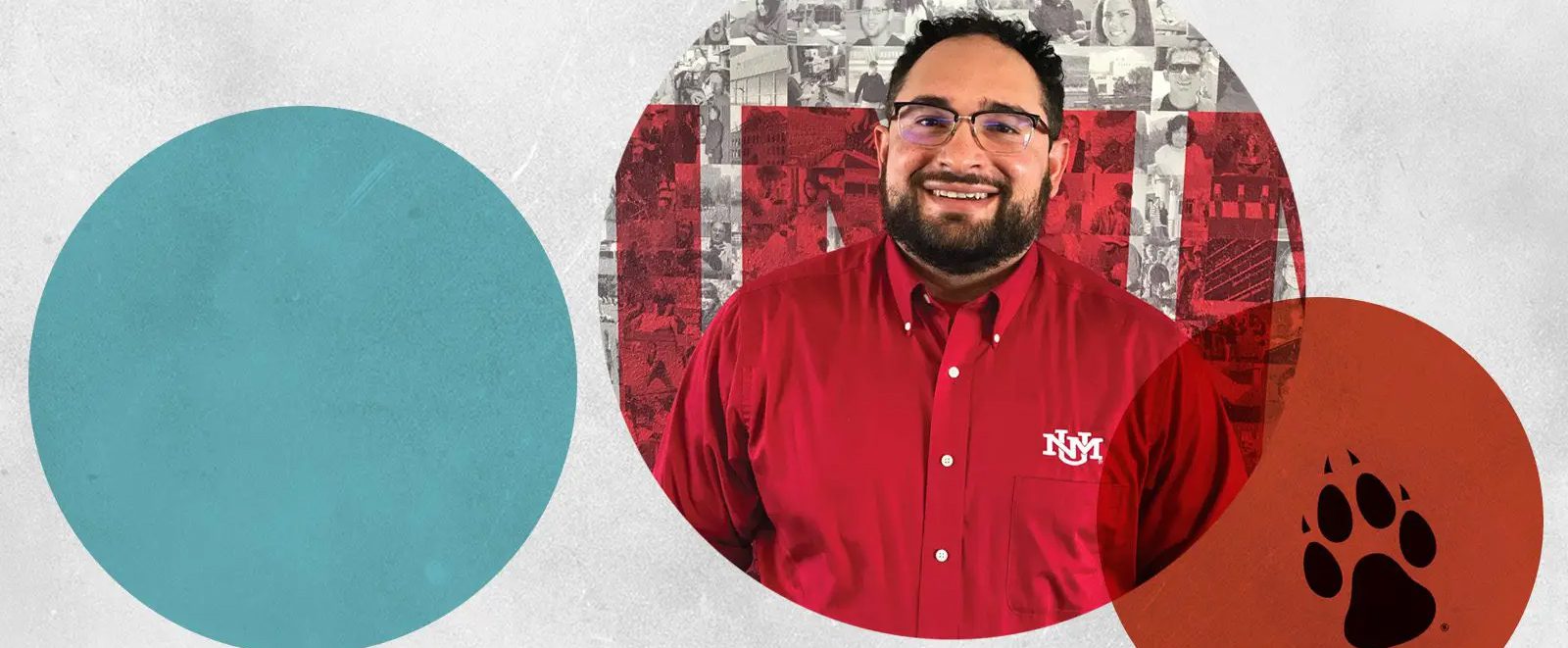
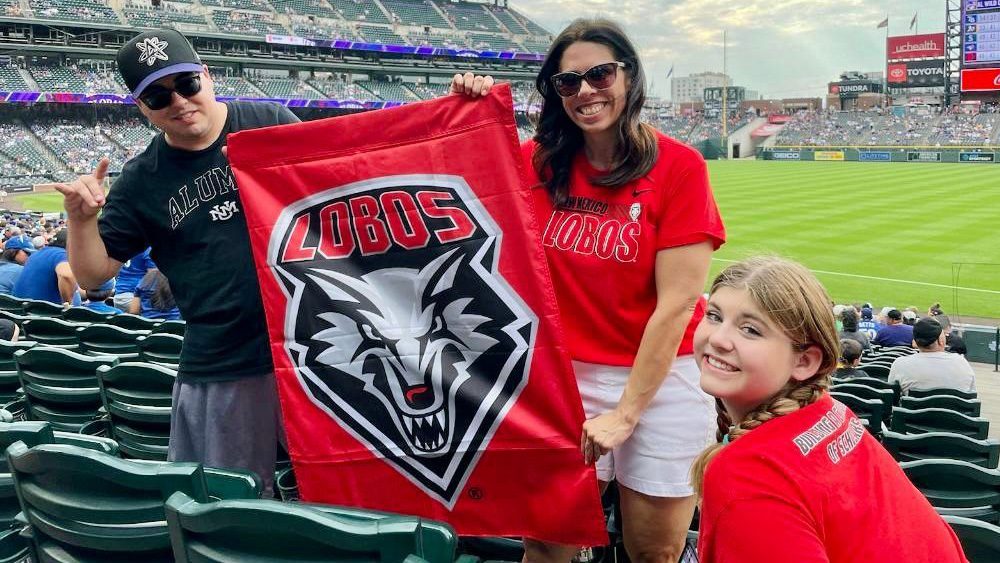
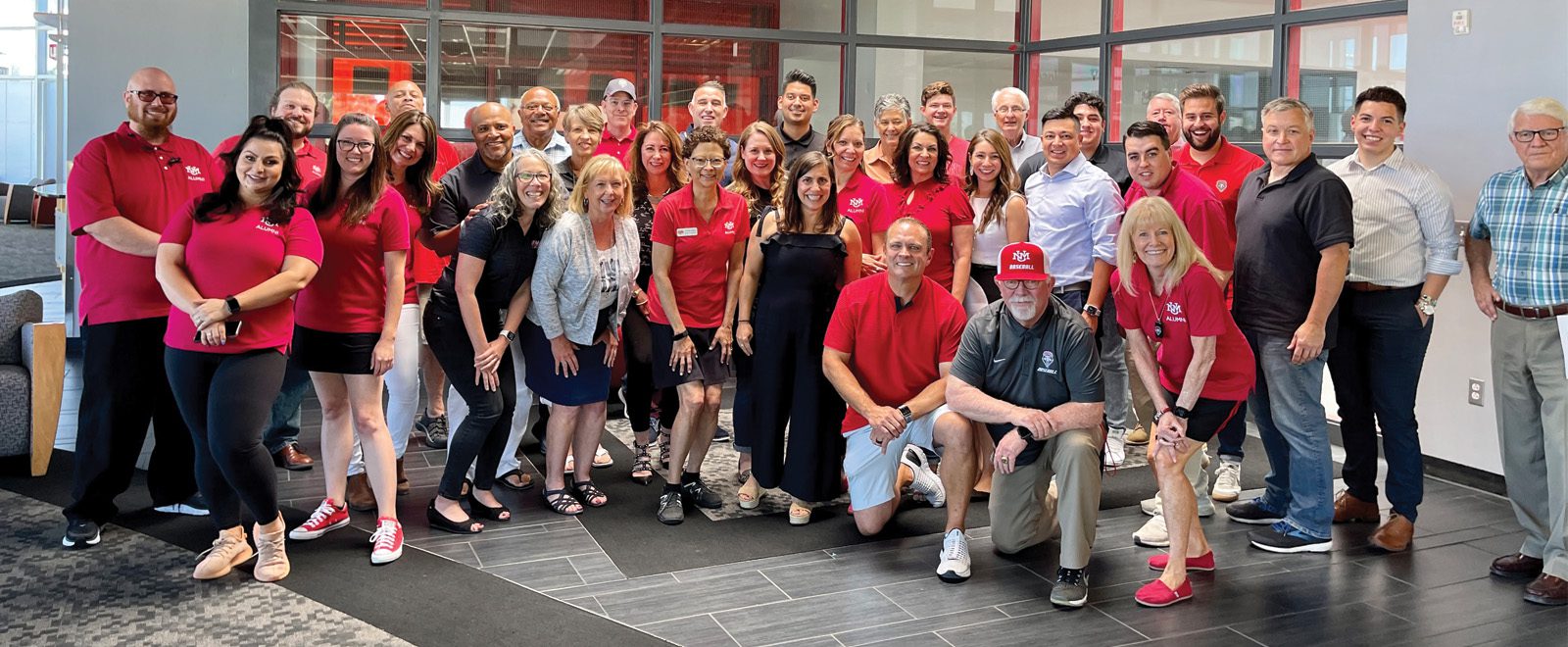
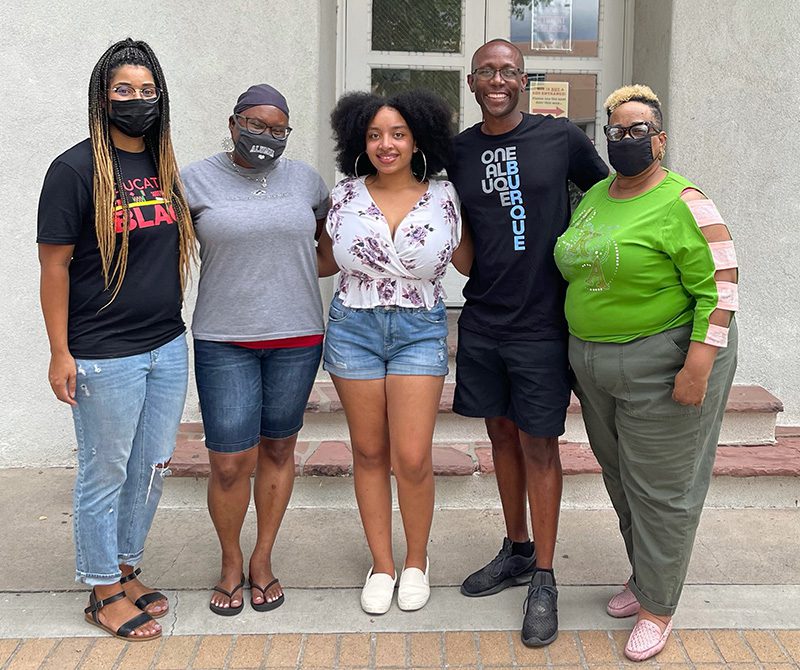
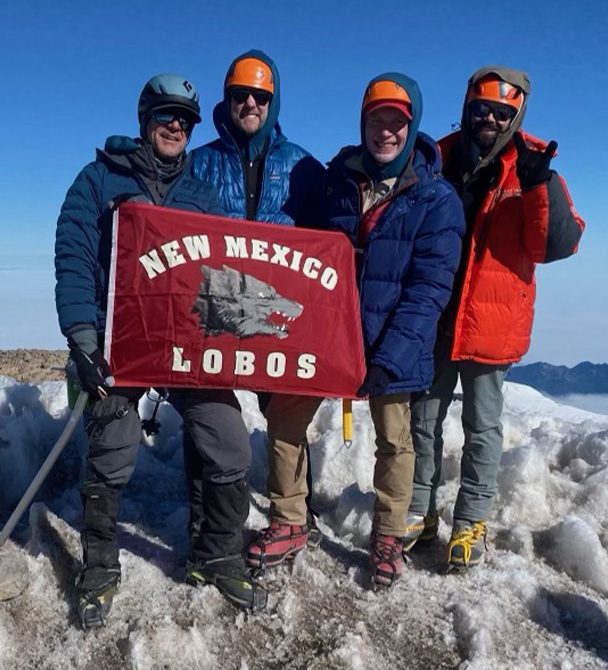
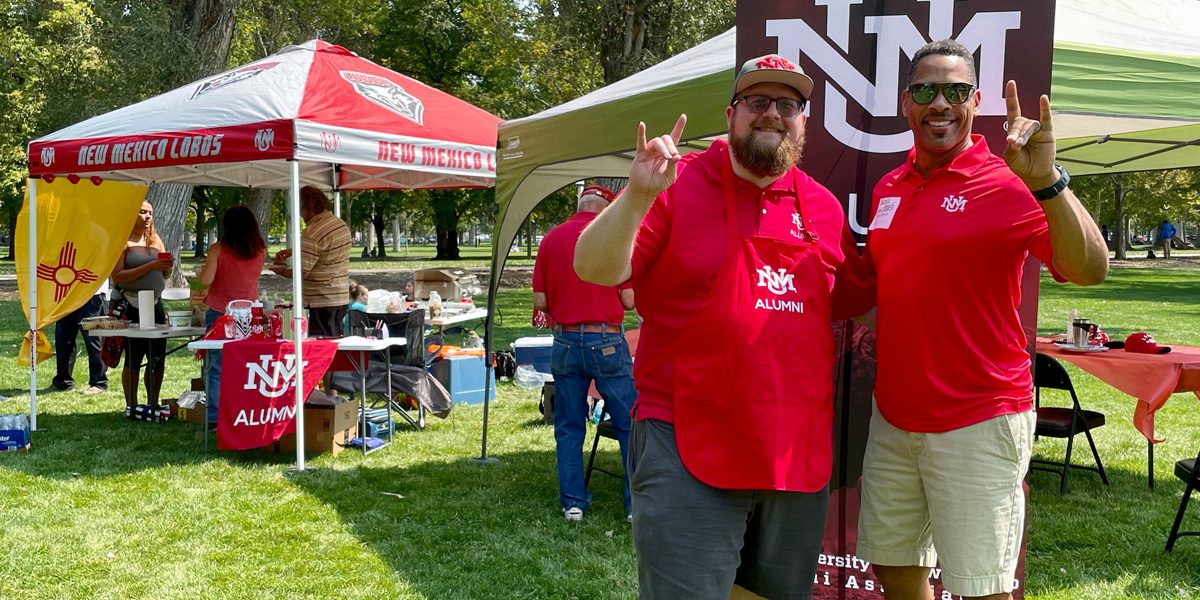
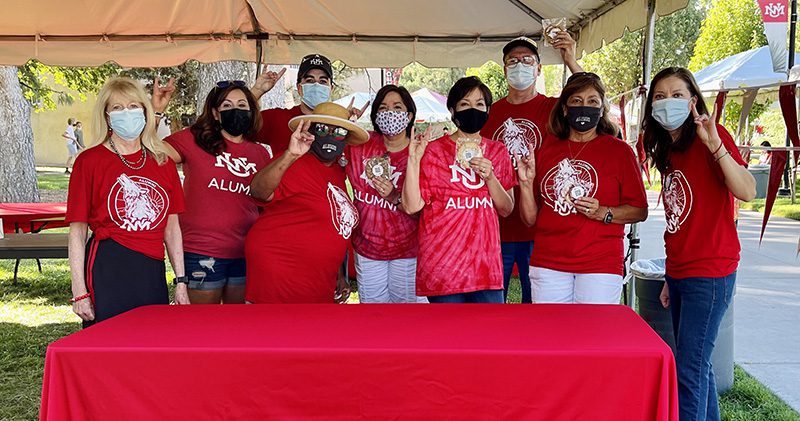
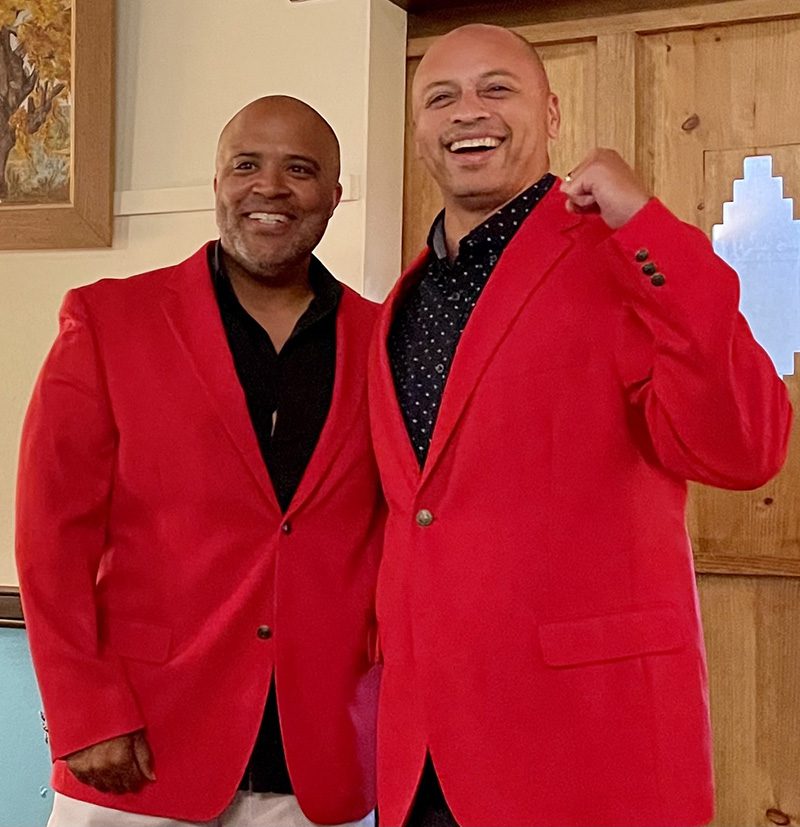
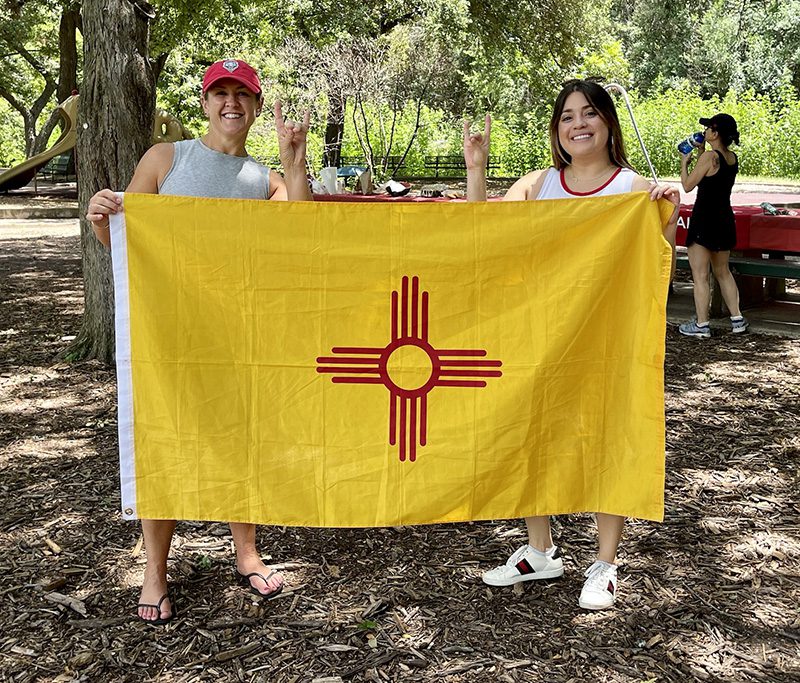
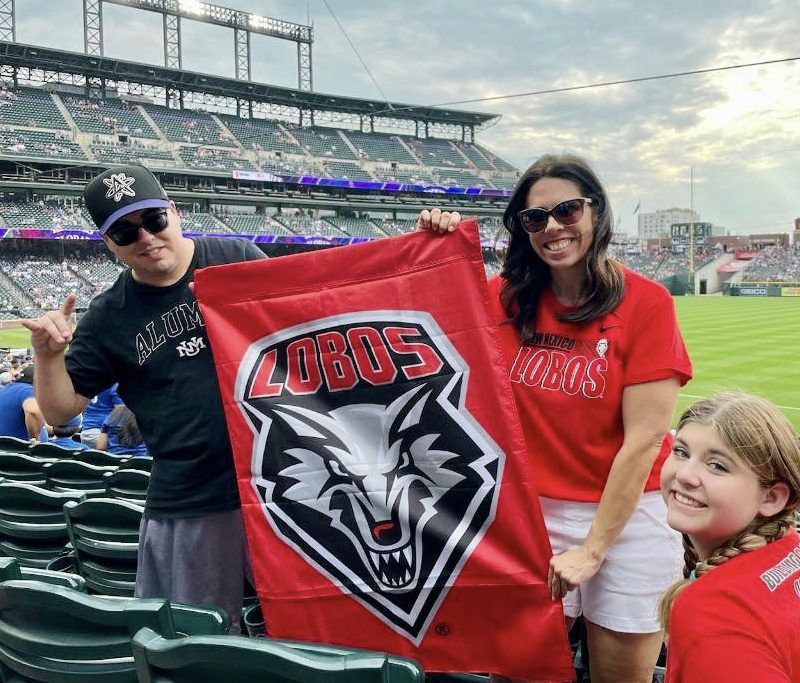
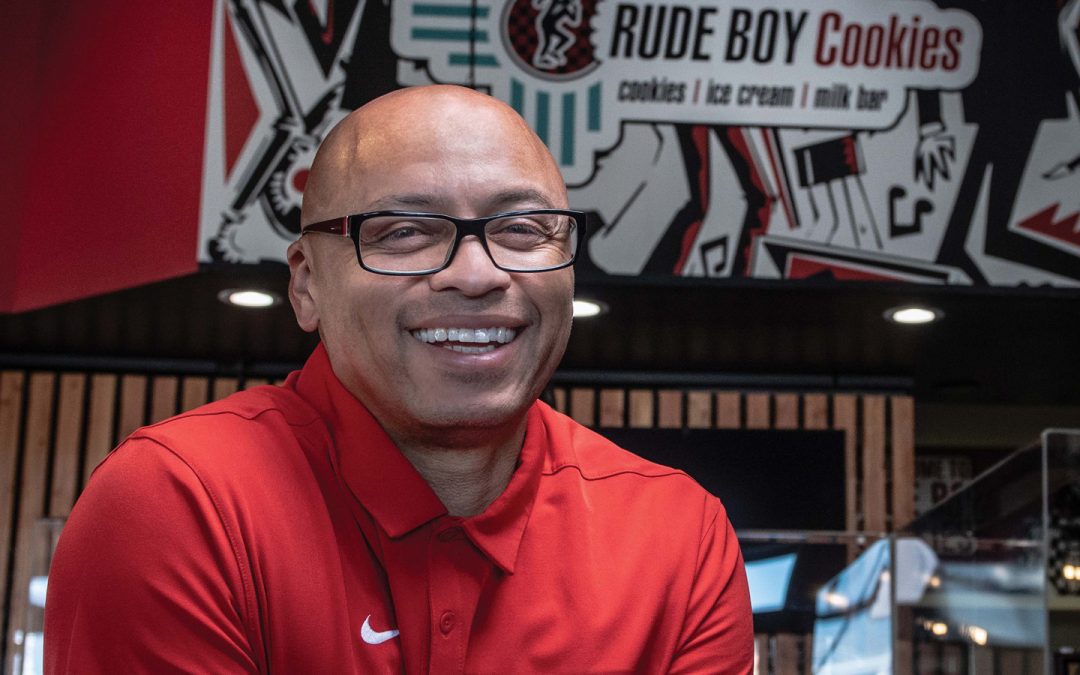
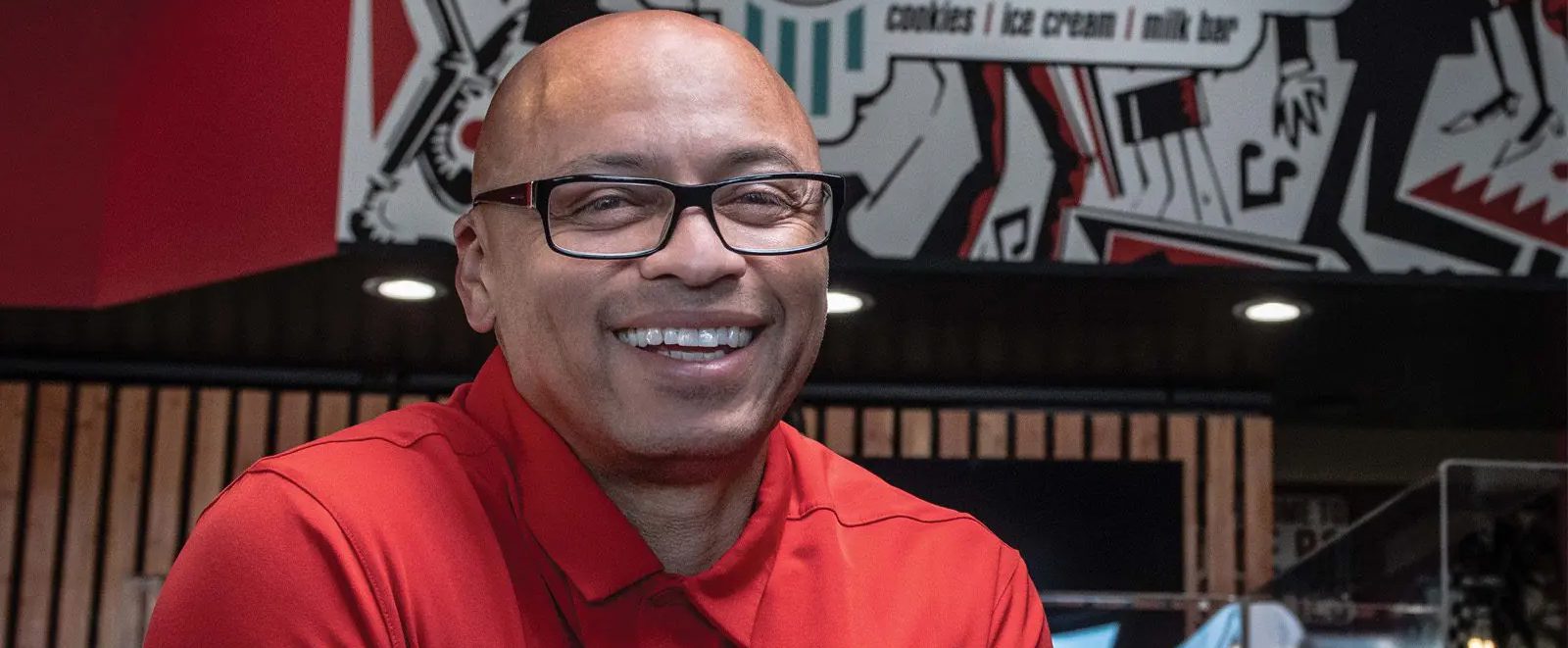

Recent Comments